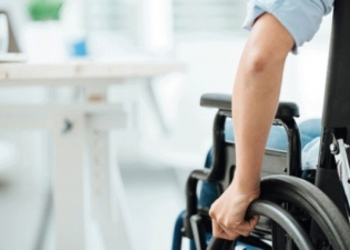New Delhi: Aviation regulator Directorate General of Civil Aviation (DGCA) has come out with guidelines for medical examiners for aero-medical evaluation of transgenders.
The guidelines came following a recent controversy over the regulator denying medical approval to a pilot, a trans person who was on hormone therapy.
As per the guidelines, the transgender applicants undertaking initial Class 2 or Class 3 medical examination will register on eGCA with the gender as per their ‘Certificate of Identity’ issued by the government of India (Male, Female or Transgender).
The Class 2 or Class 3 medical examiners undertaking these initial medical examination will obtain a detailed medical report from their treating specialist (endocrinologist or reconstructive surgeon) assisting the applicant in gender re-appropriation/re-assignment (if any) and complete the examination report on eGCA.
“However, they will not issue a ‘fit’ medical certificate (CA 35) and will declare them ‘Temporary Unfit’ for a detailed evaluation at an Indian Air Force boarding centre and forward the application to DGCA,” it said.
The guidelines further said that the medical assessor at DGCA will issue a ‘Temporary Unfitness’ letter and recommend further review only at the Institute of Aerospace Medicine, Indian Air Force, at the earliest.
At IAM, the applicant will be evaluated in accordance with the broad guidelines and those transgender applicants who have been taking hormone therapy or had a gender reassignment surgery within last five years will be screened for their mental health status.
The guidelines also say that the applicant shall submit a detailed report from the treating endocrinologist containing the details of hormone therapy.
The guidelines said that applicants who undergo surgical procedures for gender reassignment will be declared medically ‘unfit’ for at least three months after the procedure or until a complete clinical recovery has been achieved.
Observing that transgenders suffer a higher degree of emotional stress, the guidelines said, “In light of the excessive number of negative stressors to which this group is subjected to on a daily basis, the aero-medical evaluation for fitness for Class 1, 2 or 3 medical requirements has to be more structured.”
(IANS)



















